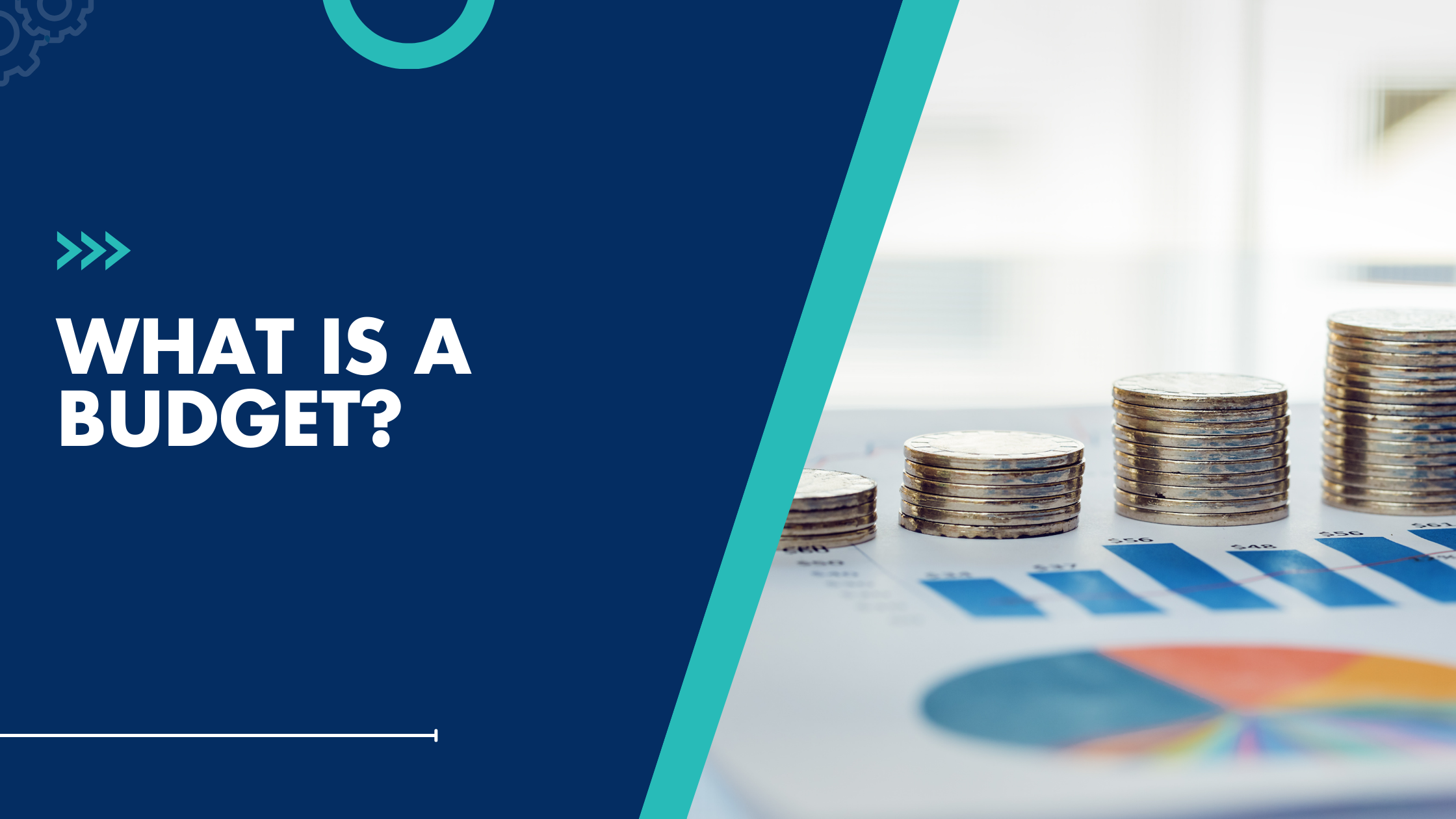What is a Budget? Understanding Business Financial Planning
When it comes to business financial planning, understanding how to create a suitable budget is important. So, what is a budget and what do you need to know? A budget provides a structured framework so you can allocate resources, manage expenses, and achieve your financial goals. Whether you’re looking to streamline your finances or optimise your business operations, it’s essential that you understand what’s involved in creating a budget.
Defining a Budget
A budget is a financial plan that outlines your expected revenue, expenses and financial goals over a specific period. It acts as a roadmap to help you make more informed business decisions. Budgets can be tailored to various scopes, helping to ensure that you allocate resources efficiently and enabling you to respond effectively to different business challenges.
Key Components of a Budget
- Revenue: The starting point of any budget is to identify your sources of revenue. This includes sales from products and services, business investments, rental income, or any other type of revenue. By understanding your income streams and total revenue, you will get a clear picture of available funds for budget allocation.
- Expenses: This covers all of your financial obligations and spending. Fixed expenses might remain consistent each month, such as rent/mortgage payments, utilities, salaries, and supplier costs. Variable expenses may fluctuate based on demands placed on the business, such as technology or training needs.
- Budget categories: Budgets are usually categorised into income and expenses for clarity. Common categories could include wages, contractor costs, rent, utilities, and business finance loans.
Importance of Budgeting
Financial discipline: Budgeting helps you to develop better financial habits by encouraging you to spend more consciously. It helps businesses to prioritise their needs and goals, avoid overspending, and it can help to maintain financial stability.
Goal achievement: Setting clear financial goals, such as finance loan repayment or to fund business expansion, can be done through budgeting. By allocating resources strategically, your business can work towards achieving its aims.
Decision-making tool: A well-crafted budget can help you make better business decisions. It can be used to assess financial feasibility and evaluate the impact of your financial decisions. A budget enables you to make adjustments to your spending patterns and allocate resources in changing circumstances.
Financial awareness: Budgeting enhances your financial awareness by providing insights into revenue patterns, expenditure trends, and your overall financial health. It can empower you to make more informed financial decisions and plan for the future.
Types of Budgets
Static (Fixed) Budget: A static budget outlines your revenue and expenses based on predetermined estimates, typically for a set period. It remains unchanged regardless of your actual financial performance.
Flexible (Variable) Budget: A flexible budget adjusts your revenue and expenses in response to fluctuations in financial conditions or business activity. It allows for adaptive planning and resource allocation based on actual income and expenditure levels.
Zero-Based Budget: In a zero-based budget, every pound of revenue is allocated to specific categories or expenses, ensuring your total expenses equal total income. It encourages careful scrutiny of spending and helps you prioritise your financial goals.
Implementing a Budget
Set clear goals: Start by defining short-term and long-term financial objectives, such as debt reduction, savings targets, or business expansion plans.
- Track revenue and expenses: Next, record all of your revenue sources and carefully track your expenses, so you can accurately gauge your cash flow.
- Establish budget categories: Organise your revenue and expenses into logical categories so you can streamline your budget management and make more informed decisions.
Review and adjust: Regularly review your budget performance by comparing actual versus budgeted figures. Make any necessary adjustments to improve your financial outcomes.
Conclusion
A budget is not just a financial document; it’s a powerful tool for helping you achieve financial stability. It can help you to become more disciplined with your business spending, so you can pursue your financial aspirations.
A well-structured approach to budgeting will enable you to manage your income and expenses more efficiently. By understanding how to create an effective budget, you will be able to navigate economic uncertainties and take advantage of business opportunities.
At Halo Training Solutions, we can train you or your team on effective budget management for your business. By having a clear understanding of business financial planning, you will be able to manage your spending and achieve your financial goals.
Get in contact today to learn more about how we can support your business with financial training or to discuss partnership opportunities.


